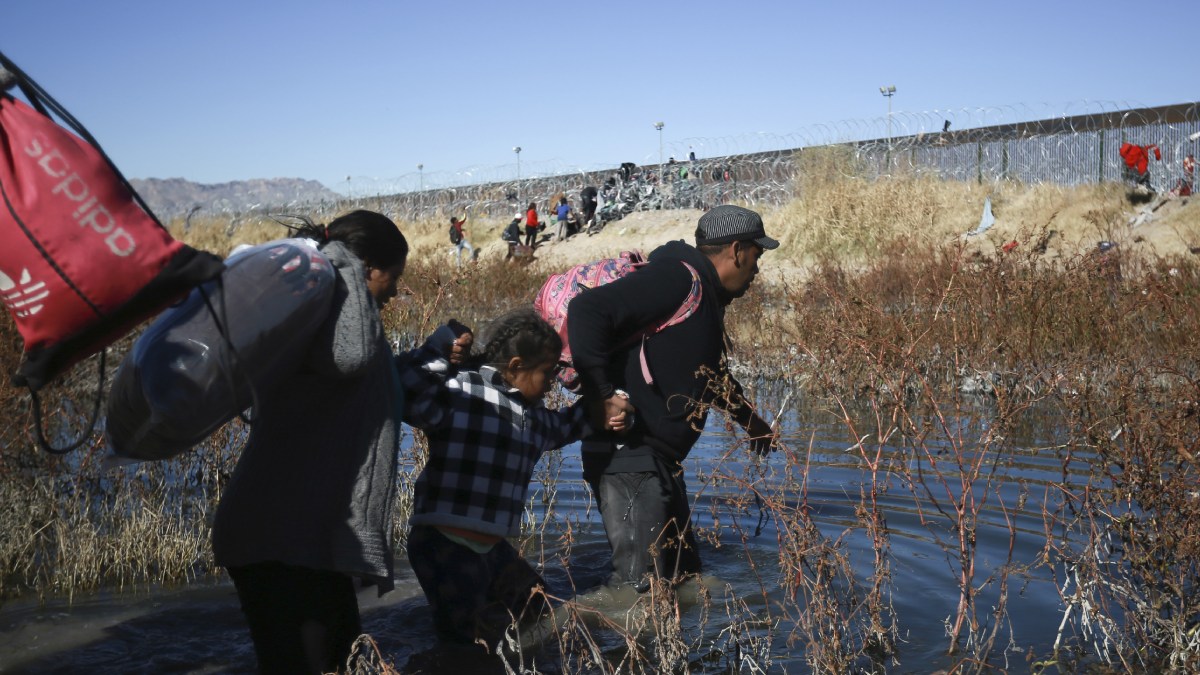Saudi trumpets new university's independence
JEDDAH, Saudi Arabia, Oct 30 (Reuters) The atmosphere on the King Abdullah campus should be that of a high-quality college anywhere else in the world -- a mood of free thought, equality and easy mingling among independent-minded men and women.
Anywhere but Saudi Arabia, that is. Most educational establishments in the conservative kingdom are rigidly segregated by sex. Curricula typically include obligatory courses on the country's austere brand of Islam, and little criticism of the ruling Saudi establishment is tolerated.
The planned new 3 billion dollars graduate-research university overlooking the Red Sea north of Jeddah will be the first outside the control of the higher education ministry, and the conservative kingdom says it aims to ensure its academic freedom.
Without that freedom, the King Abdullah University of Science and Technology (KAUST) will not be able to attract the international academic staff and graduate students needed to ensure world-level research, academics say.
''Without academic freedom there simply is no university,'' Frank Rhodes, president emeritus of Cornell University in the United States and a member of an international advisory panel on KAUST's development, told Reuters.
''I am optimistic about the university and don't have concerns about academic freedom. The king is solidly behind it.'' The university's status outside the control of Saudi Arabia's education ministry may anger religious conservatives, who have traditionally had a powerful influence in the ministry and over the kingdom's places of learning.
The social freedoms which women will enjoy at the KAUST may also trigger a backlash. Three years ago Saudi Arabia's Grand Mufti condemned a meeting in Jeddah where unveiled women mixed with men, saying such behaviour was a cause of ''evil and catastrophe''.
International institutions such as the World Bank have urged the leading oil exporter to overhaul its education system to cope better with unemployment among a predominantly young native population and reduce its dependence on imports of skilled workers in strategic sectors, including oil.
The world's future energy needs will be among the areas of study: one of the four university institutes will be devoted to energy research, water and sustainable development.
International and Saudi staff and students will be selected on merit, and unlike in most of the kingdom, men and women will be able to mix and move freely.
Women, banned from driving on Saudi roads, will be free to use cars within the city of 20,000 people to be built around the new campus.
''Today the challenge is to transform away from a 'rentier' economy based on income from oil and gas into a much more diverse economy, and hopefully a more knowledge-based economy,'' said Khalid al-Falih, executive vice president of operations at state oil giant Saudi Aramco.
King Abdullah asked Oil Minister Ali al-Naimi to lead the development of KAUST. Aramco leads the construction of the huge campus 80 km north of Jeddah.
The freedom of movement and mixed-sex environment within the university will be similar to the situation within Aramco's compounds -- which resemble pockets of suburban America transplanted to the Arabian peninsula -- said Jamil Aldandany of KAUST's external affairs.
The new campus could have a woman as its head, and women were on the original shortlist for the post, said Mohamed Samaha, KAUST interim vice president for research. He declined to say if women were still on the shortlist.
King Abdullah laid the first stone at the university this month, and his backing will ensure it remains free of constraints from an influential religious establishment on education elsewhere in the kingdom, says Aldandany.
The king will provide an endowment that will be administered outside the kingdom by a board of trustees to maintain the university's independence.
KAUST has yet to say how big the endowment will be, but it is expected to be among the world's 10 biggest -- some academics say around 10 billion dollars.
The campus is expected to be completed in 2009, but research funded by KAUST at collaborating universities worldwide is expected to start in March, Samaha said.
KAUST has approached more than 60 universities worldwide to collaborate on research and on recruitment of academics and graduates.
Reuters
PD
DB0914


 Click it and Unblock the Notifications
Click it and Unblock the Notifications




